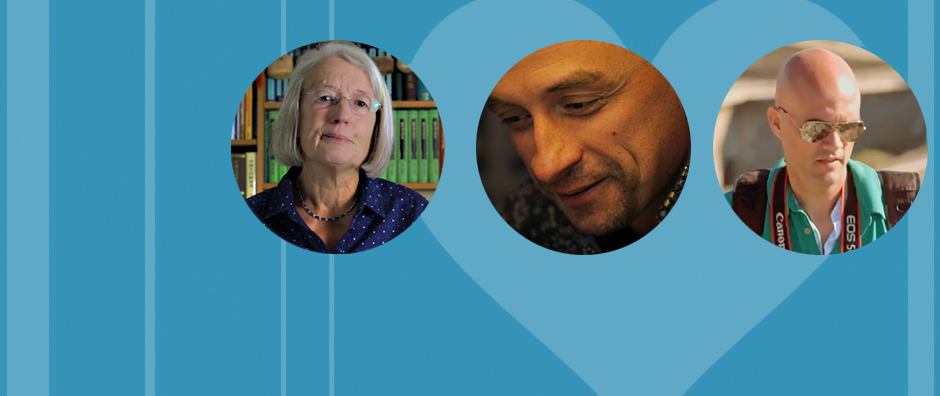Treatment for Sudden Cardiac Arrest
Sudden Cardiac Arrest is a medical emergency. Most people who have Sudden Cardiac Arrest die from it—often within minutes. Immediate treatment with cardiopulmonary resuscitation (CPR) and a defibrillator (a device that sends an electric shock to the heart) can be lifesaving.
There are two types of defibrillators:
- An external defibrillator is a small portable device that uses electrode pads to diagnose an abnormal heart rhythm and deliver an electric shock if needed. External defibrillators are used in public places like schools, airports and hotels. Untrained bystanders can use these devices to deliver an electric shock to the chest of someone having Sudden Cardiac Arrest.
- An implantable cardioverter defibrillator (ICD) such as an S-ICD is a surgically implanted device that can sense irregular or dangerous heartbeats and deliver life-saving shocks to help return the rhythm to normal.

Only 1 in 20 people usually survives a sudden cardiac arrest event. The other 19 people die before reaching the hospital.1

With an ICD device, 19 out of 20 people may survive Sudden Cardiac Arrest. Defibrillation has been shown to effectively stop 95% or more of dangerously fast heart rhythms.2
Even in the best emergency response conditions, Sudden Cardiac Arrest is a difficult condition to treat. Consider these facts:
- About half of all cardiac arrests are not witnessed; the victim was alone1
- More than 80% of cardiac arrests occur at home or in non-public places, such as at the office1
- Reported survival from out-of-hospital Sudden Cardiac Arrest ranges from 0% to 51%, with a national average of only 8%3
Are you at risk for another episode?

Find a doctor.
Use the hospital locator tool to find S-ICD follow up centres and physicians trained in the S-ICD technology.
Search now

Patient Stories
Meet real patients as they share their stories about living with an S-ICD.
Hear from S-ICD patients








